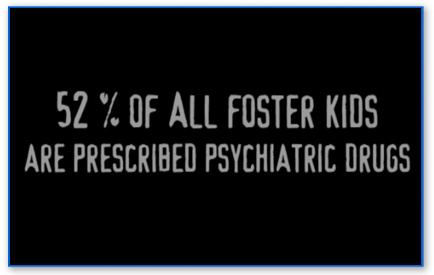
Georgia Advocate Speaks Out Against Psychiatric Medication Use in Nation’s Foster Care System
Alongside photographs of rocker Jon Bon Jovi and Atlanta Mayor Kasim Reed, Giovan Bazan looks downright blithe. Although they tower over him, the tuxedo-clad Bazan wearing a slight smirk, his gelled hair and pierced ears sharply contrasting his suit-and-tie apparel.
With his cheery disposition, you wouldn’t suspect Bazan had a troubled childhood. In reality, the 21-year-old has spent a majority of his life in foster homes, and for most of his childhood, he was prescribed anti-depressants and behavioral disorder drugs.
“I went into foster care at 11 months old,” the Los Angeles native said. “When I was six, they put me on medication.”
By many accounts Bazan has come a long way since his days in foster care. In September he spoke at Atlanta-based CHRIS KIDS‘ 11th annual fundraiser alongside towering protraits of celebrities. He has adressed state legislature multiple times about issues pressing foster youth in the state. He has managed to turn his troubled childhood into a stepping stone, not a crux.




